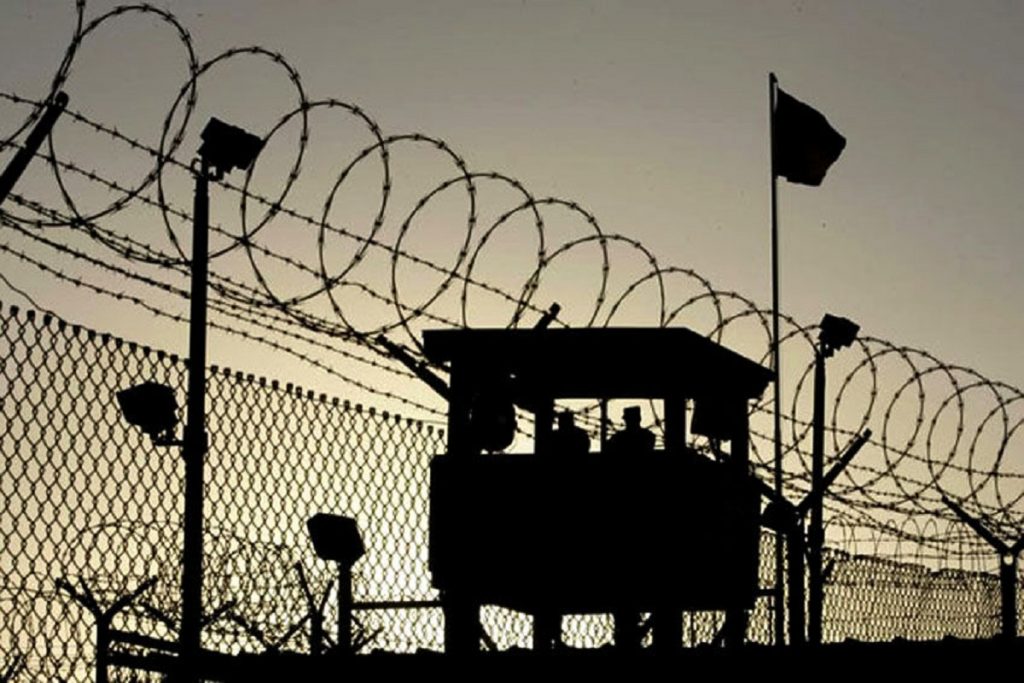Iran’s judiciary last week sentenced three middle-aged women, including two relatives of the victims of the 1988 massacre, to collectively 12 years imprisonment.
Branch 26 of Tehran’s Revolutionary Court on 6 January 2012 sentenced the three women to a total of 12 years in prison on the charges of “propaganda activities against the regime” and “conspiracy to act against national security by cooperating with the Mujahedin-e Khalq (MEK) organization,” the opposition coalition National Council of Resistance of Iran said in a statement on 7 January 2022.
According to the verdicts, Makhsus Bukharaei, 63, and Azar Musazadeh, 59, were each sentenced to five years imprisonment, while Roghayeh Sultan Mirzaei (Mirzai), 69, received a two-year sentence. The court also ordered the confiscation of Ms. Mirzaei’s garden in Shahriar.
According to the verdict, the three prisoners “gathered and colluded” in Ms. Mirzaei’s garden.
Fourteen members of Ms. Mirzai’s family, including four close relatives, were previously executed in Iran’s prisons. Seven of them were executed in the summer of 1988 while serving prison terms.
All three women were political prisoners in the 1980s. Additionally, Ms. Bukharaei and Ms. Musazadeh were previously arrested in the 2010s and spent several years in prison. Ms. Musazadeh’s husband is one of the victims of the 1988 massacre.
Roghayeh Sultan Mirzaei’s sister, Sima Mirzaei, appeared before a civil society hearing into the 1988 massacre held in Geneva on 1 February 2018 and organised by Justice for the Victims of the 1988 Massacre in Iran (JVMI) and other international NGOs. Sima Mirzaei testified that her relatives were extrajudicially murdered by agents of the Iranian state following a fatwa by Supreme Leader Ayatollah Khomeini that ordered all political prisoners who remain committed to the MEK (PMOI) to be executed. Her testimony is available in the hearing’s final report.
Iran’s Judiciary routinely hands down heavy sentences, using bogus charges, against relatives of the victims of the 1988 massacre for seeking accountability and justice over the murder of their loved ones.
Justice for the Victims of the 1988 Massacre in Iran (JVMI) appeals to the Office of the United Nations High Commissioner for Human Rights to help reverse the sentences and free the three political prisoners. Additionally, JVMI urges the UN Special Rapporteur on the situation of human rights in the Islamic Republic of Iran and the Special Rapporteur on violence against women, its causes and consequences to publicly intervene in the case of the three women.

